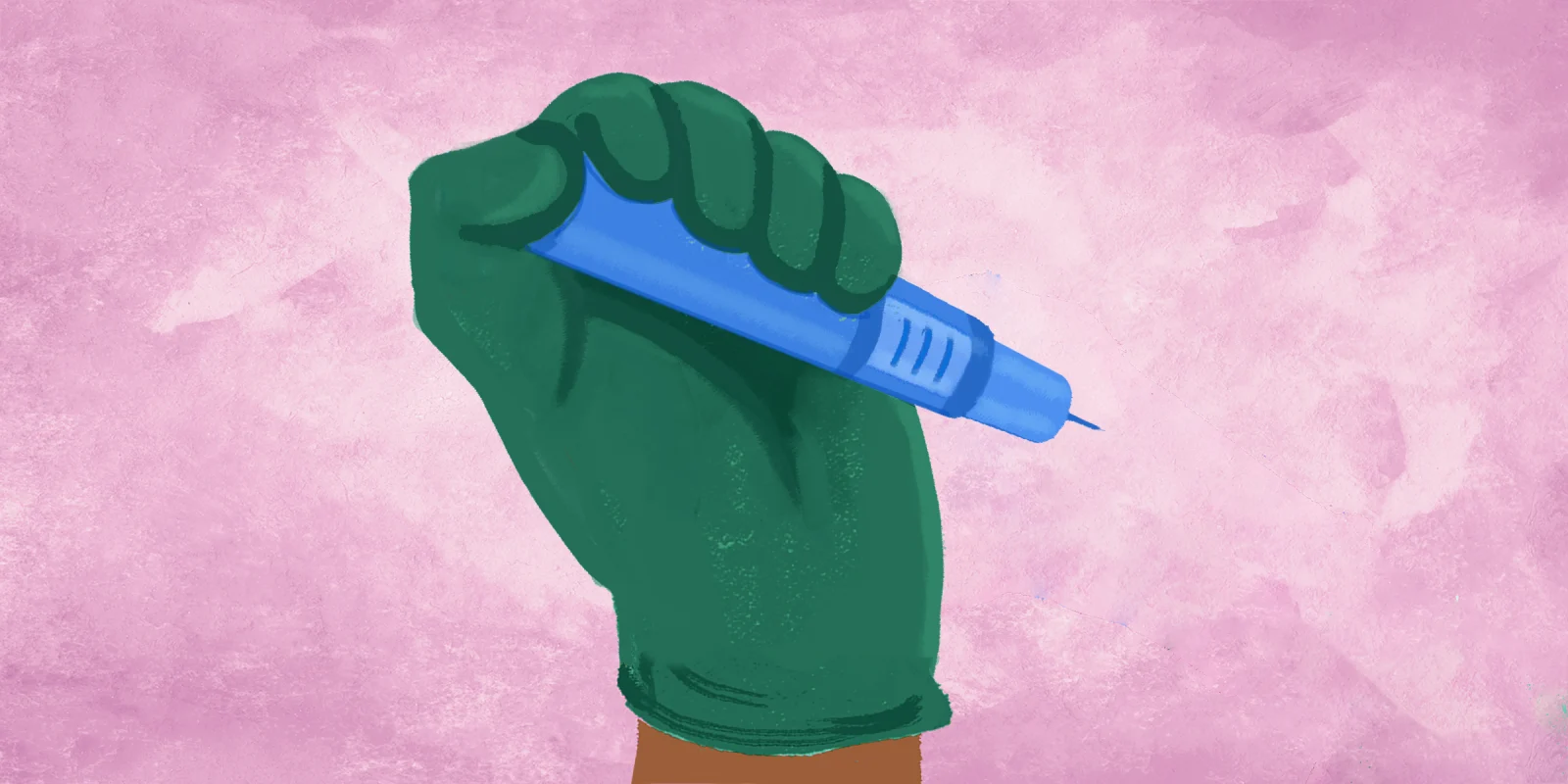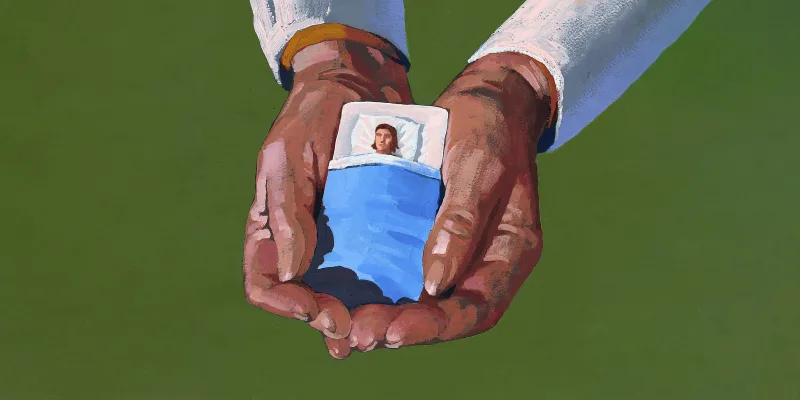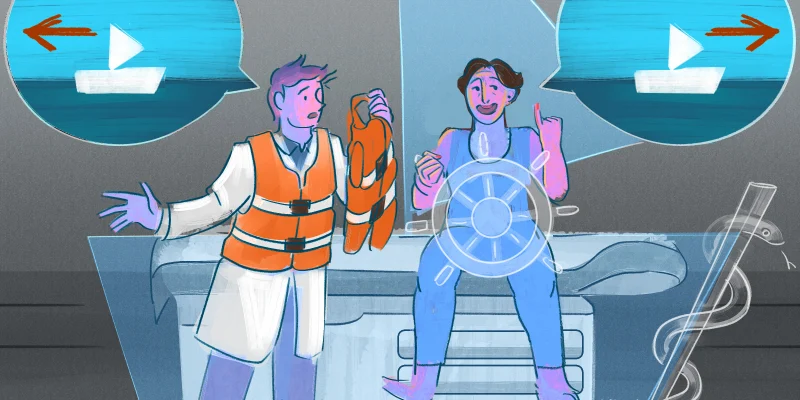“Oh my, look at this BMI curve. We have another patient coming in above the 99th percentile today!”
I glanced at the curve, feigned a moment of surprise, and then returned my focus to my own patient note. For the past two months, I had been rotating at my medical school’s pediatric clinic nestled in a part of the city known for its high poverty, homelessness, and unemployment rate. My initial shock at the prevalence of childhood obesity in my patients had disappeared, and I now came to accept that my role as a student was to educate my patients on the importance of fruits, vegetables, and a “balanced diet.” The childhood obesity epidemic was palpable at this clinic, and yet our ability to do anything was incredibly limited.
Obesity has long been linked to cardiovascular disease, hyperlipidemia, T2DM, and premature death. Yet, it was only 10 years ago that the American Medical Association (AMA) voted to recognize obesity as a disease, and it was only this year that the American Academy of Pediatrics (AAP) released clinical practice guidelines for the treatment of children with obesity. These guidelines discuss at great length the role of structural racism and social determinants of health that contribute to high rates of childhood obesity. They also highlight the linkage between obesity and low self-esteem and depression in these youths. I think it’s these relationships that I was most shocked to experience firsthand with my patients. Childhood obesity isn’t just a great medical concern, it’s also a mental health issue.
In the new guidelines, the AAP recommends a combined approach of motivational interviewing, prompt referral to intensive health behavior and lifestyle treatment (IHLBT), and medication management, primarily with the use of GLP-1 agonists. While IHLBT programs are effective in inducing weight loss and healthy eating habits, they remain out of reach for many of our poor youth. The availability of these programs in many urban areas is limited, and even when they are available the need for a team-based approach with many health professionals makes them cost-prohibitive for all but the wealthiest of families. Social determinants of health lead to childhood obesity; they also make receiving care for obesity near impossible.
Many of our youth see a PCP once a year, giving us a narrow window to implement healthy habits that can impact them for the rest of their lives. Motivational interviewing and encouraging lifestyle changes can only go so far, and the growing prevalence of overweight youths suggests our current techniques aren’t working. It’s time for us to embrace the use of medications for childhood obesity.
GLP-1 agonists are safe and effective and have already been implemented by many adult PCPs for weight management. Through my work with well-intentioned pediatricians, I’ve seen greater resistance to the use of medications. I feel this resistance is unwarranted. Gaps in our evidence base do exist, and no studies have been conducted evaluating the long-term use of these medications in prepubertal children. However, I would argue that the long-term mental and physical health effects of obesity far outweigh the health effects of polypeptide molecules that mimic endogenous hormones. Obesity should be treated the same way we treat diabetes, high blood pressure, and high cholesterol: with medications.
Overcoming the stigma behind medication use for obesity is only part of the solution. To truly implement the medication approach, we must address affordability issues. GLP-1 agonists cost roughly $10,000 a year and Medicaid only pays for weight loss medications in 10 states. If these drugs cost the same as antihypertension medications, the conversation about their use today would be very different.
As lobbying groups, we must advocate for further research and development for new GLP-1 agonists. New medications entering the markets should mean a decrease in cost because of more market competition. This will directly benefit our patients. Furthermore, we must ask politicians for expanded federal and private insurance coverage of these drugs. If these two approaches are implemented, we could significantly increase access to these medications.
Many of the pediatricians I’ve met entered the field to make long-term impacts on the lives of children. Unfortunately, until recently, the tools we had at our disposal for weight management had been minimal and, for many patients, ineffective. We can’t change the socioeconomic status of the children we serve, but we can initiate a discussion about ways to lose weight. In the future, I hope these discussions involve motivational interviewing, educational counseling, and the use of these medications.
What do you think should be done to treat childhood obesity? Share in the comments.
Lachlan is a second-year medical student attending the USF Morsani College of Medicine. His interests include neurological research, medical humanities, and running. He is a 2022–2023 Doximity Op-Med Fellow.
Collage by Diana Connolly and Jennifer Bogartz







